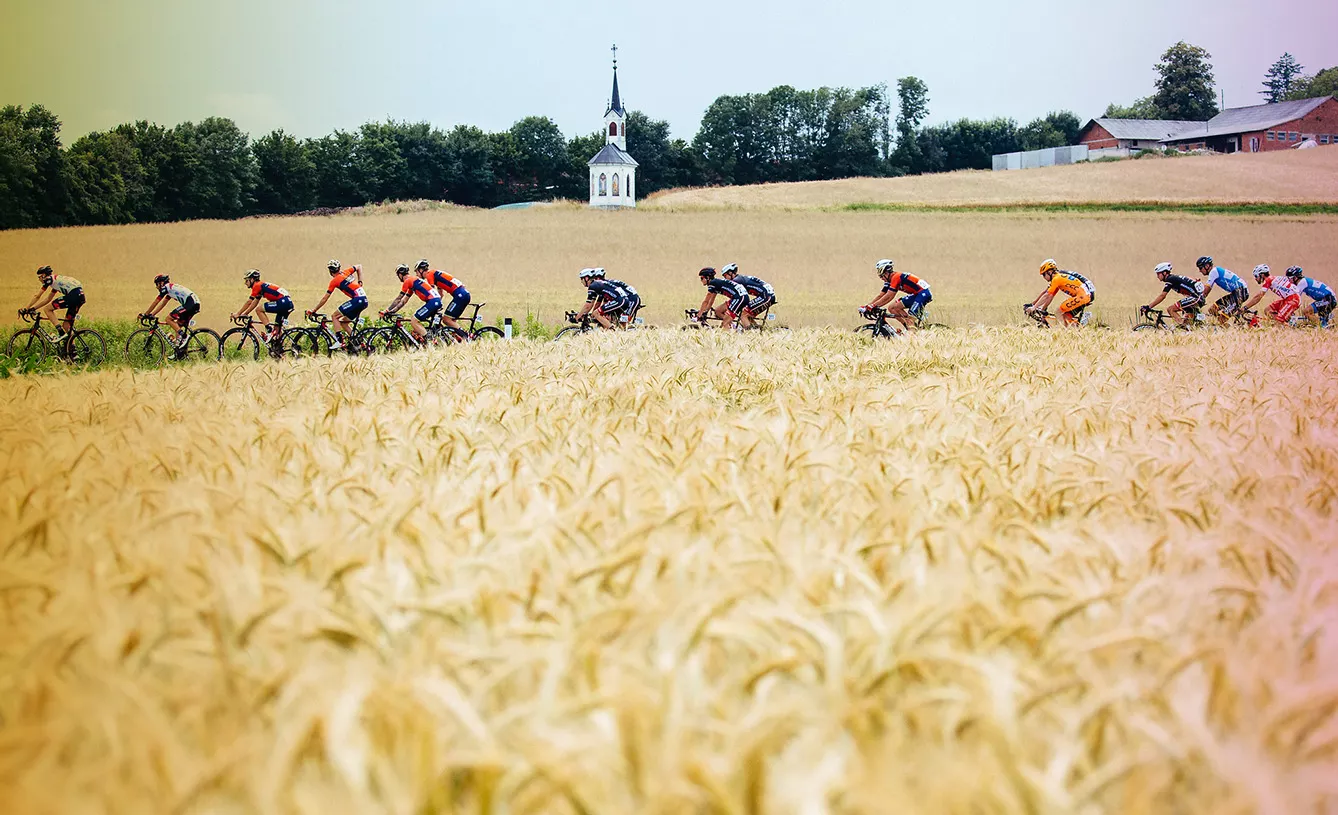Sport has a special place in the heart of Slovenes. September 23 has even been declared a national holiday, a “Slovenian Sports Day.” The day commemorates Slovenian athletes winning Olympic gold medals in 2000 for the first time since independence.
While in Slovenia, you will surely meet hikers, runners, and cyclists on the streets. These are the most popular activities in the country. Slovenes spend a lot of time outdoors – in childhood and beyond, farming or simply enjoying the country’s various natural attractions.
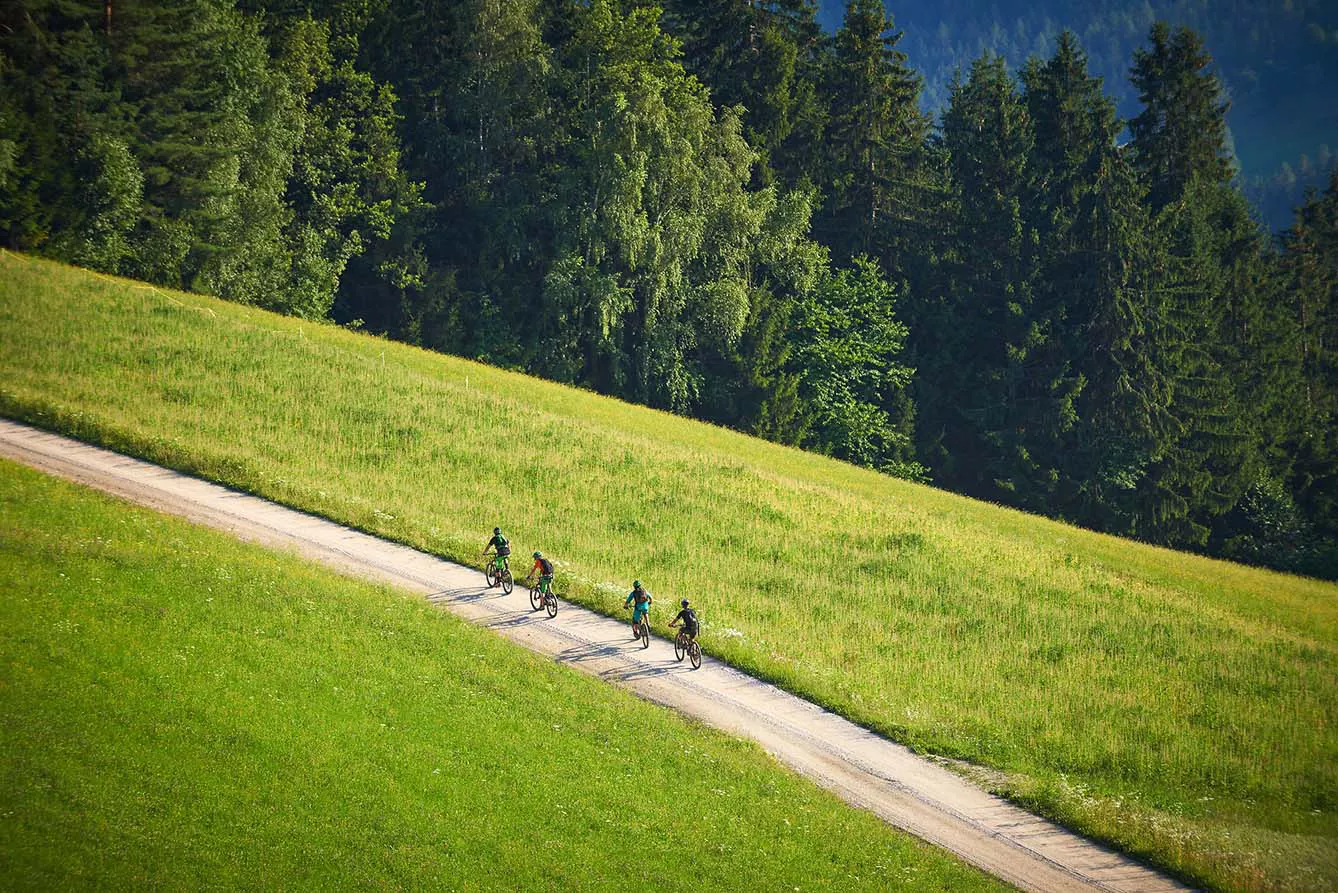
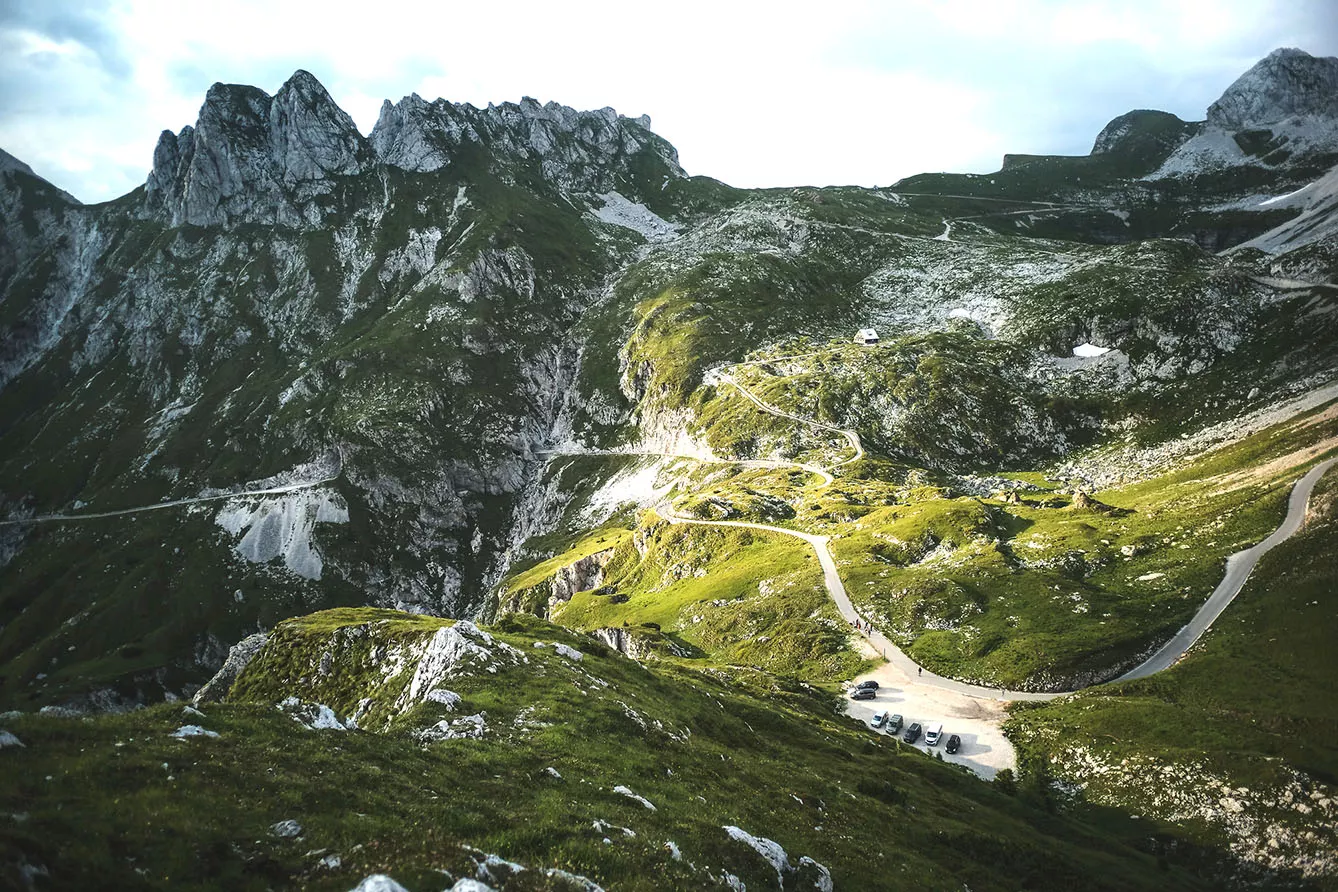
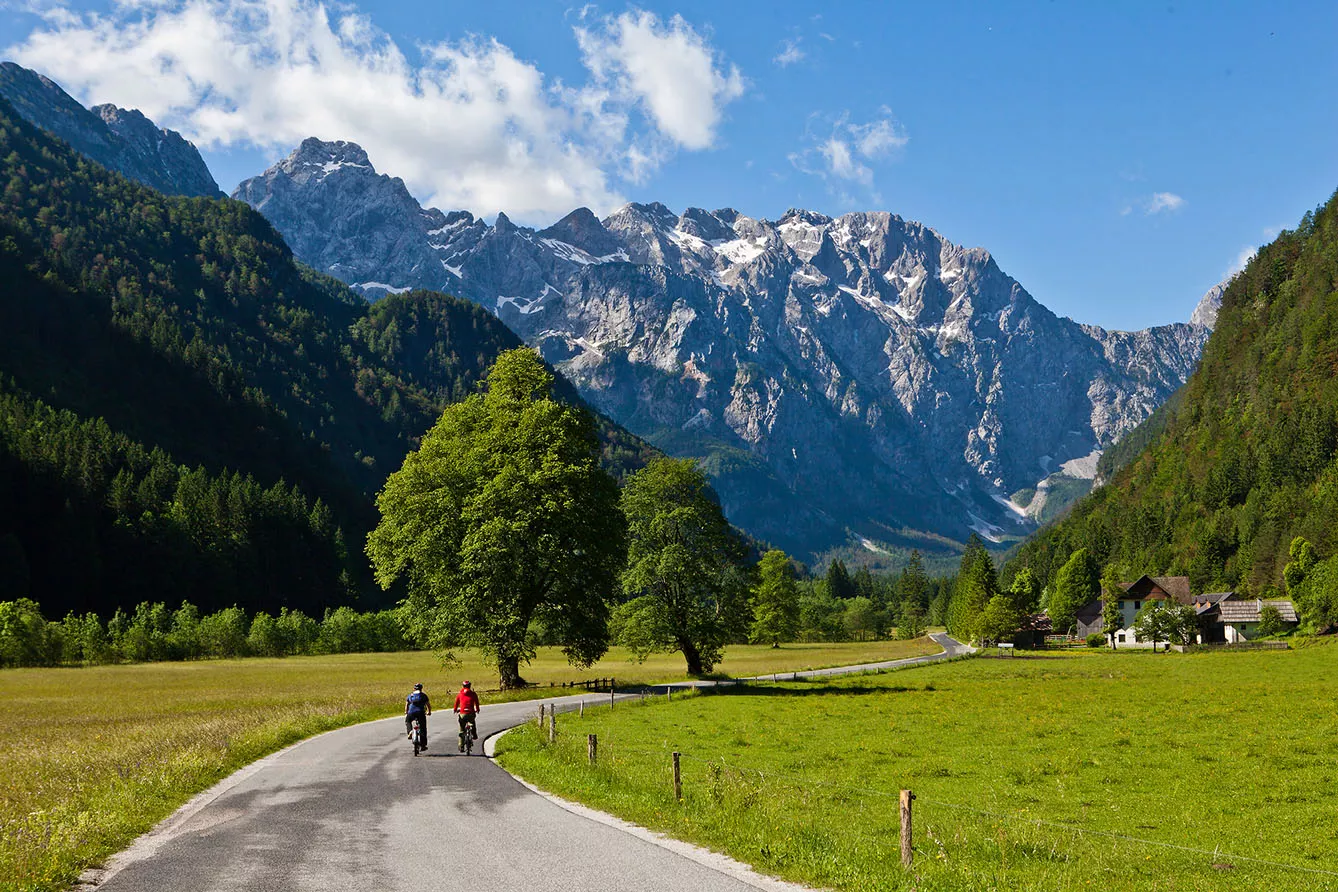
Born (and trained) for success
Slovenia, although small, has an impressive number of sporting successes per capita – with around 7,000 categorized athletes. And the undisputed local superpower is undoubtedly cycling. This is the birthplace of the largest number of successful cyclists, behind only Canada and Sweden. The pantheon of the world’s greatest includes 12 Slovenes, the most famous of which are Primož Roglič, Tadej Pogačar, Matej Mohorič, and Tadej Valjavec.
At the 2017 Tour de France, Roglič became the first Slovenian to win the competition. In 2020, Tadej Pogačar, who races for the UAE national team, won the Tour de France as the youngest champion in 110 years (after France’s Henri Cornet won in 1904 at the age of 19). In 2021 he did so again in a dramatic finish battle with his compatriot, Roglič (which divided the Slovenian fans). He is currently the world’s number 1 racer. Roglič and Pogačar, together, moved Slovenia to third place in the men’s UCI nations ranking.
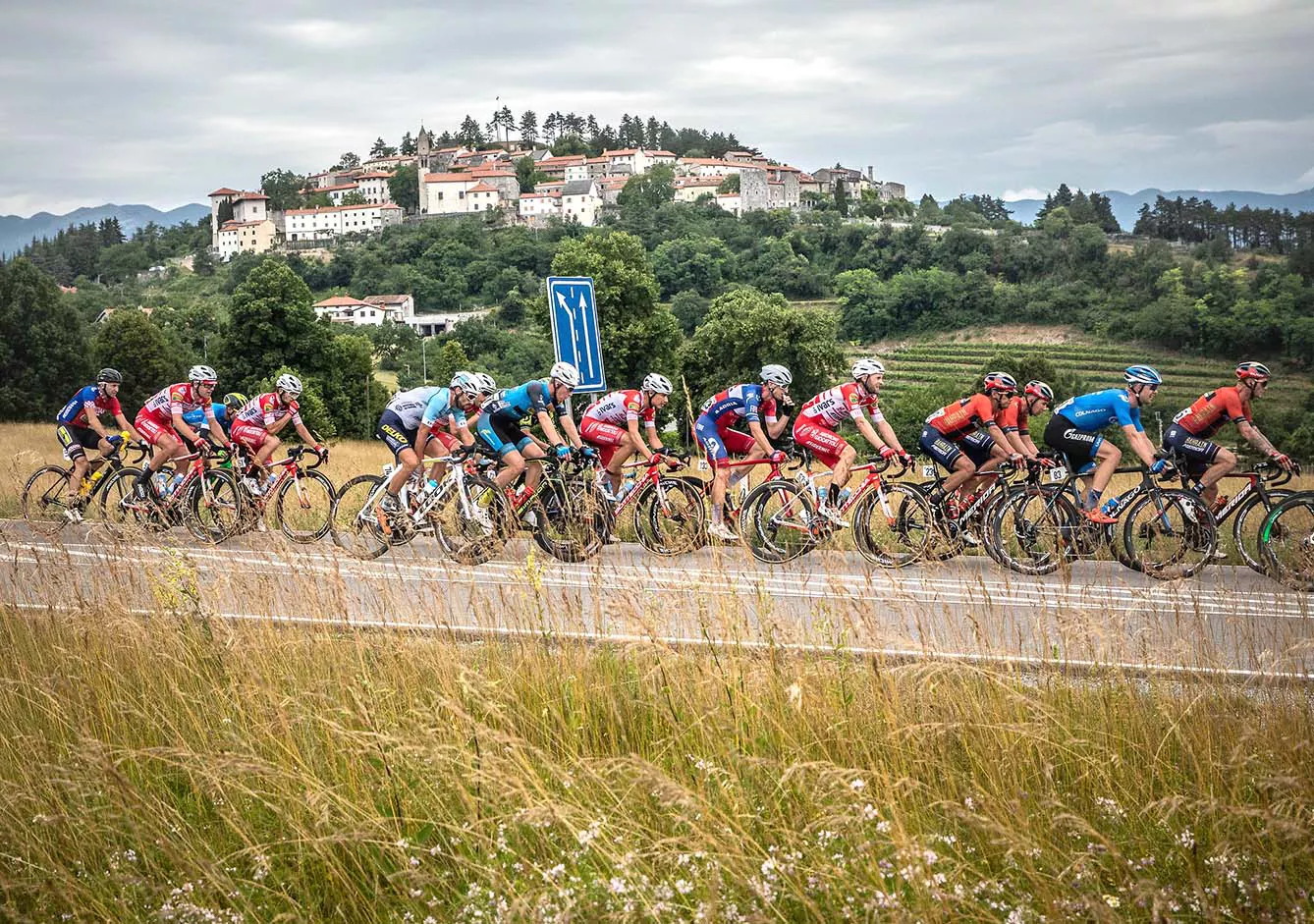
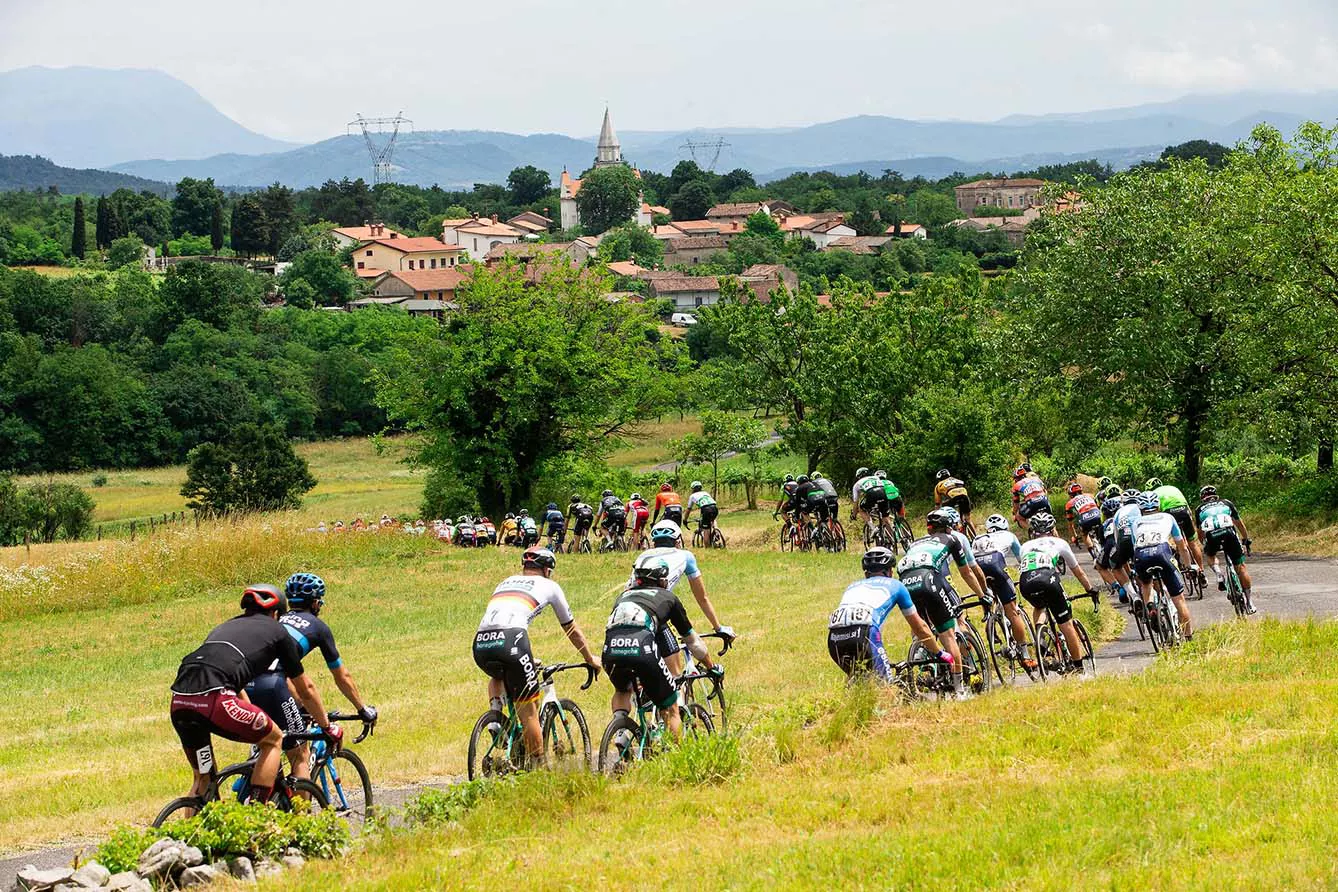
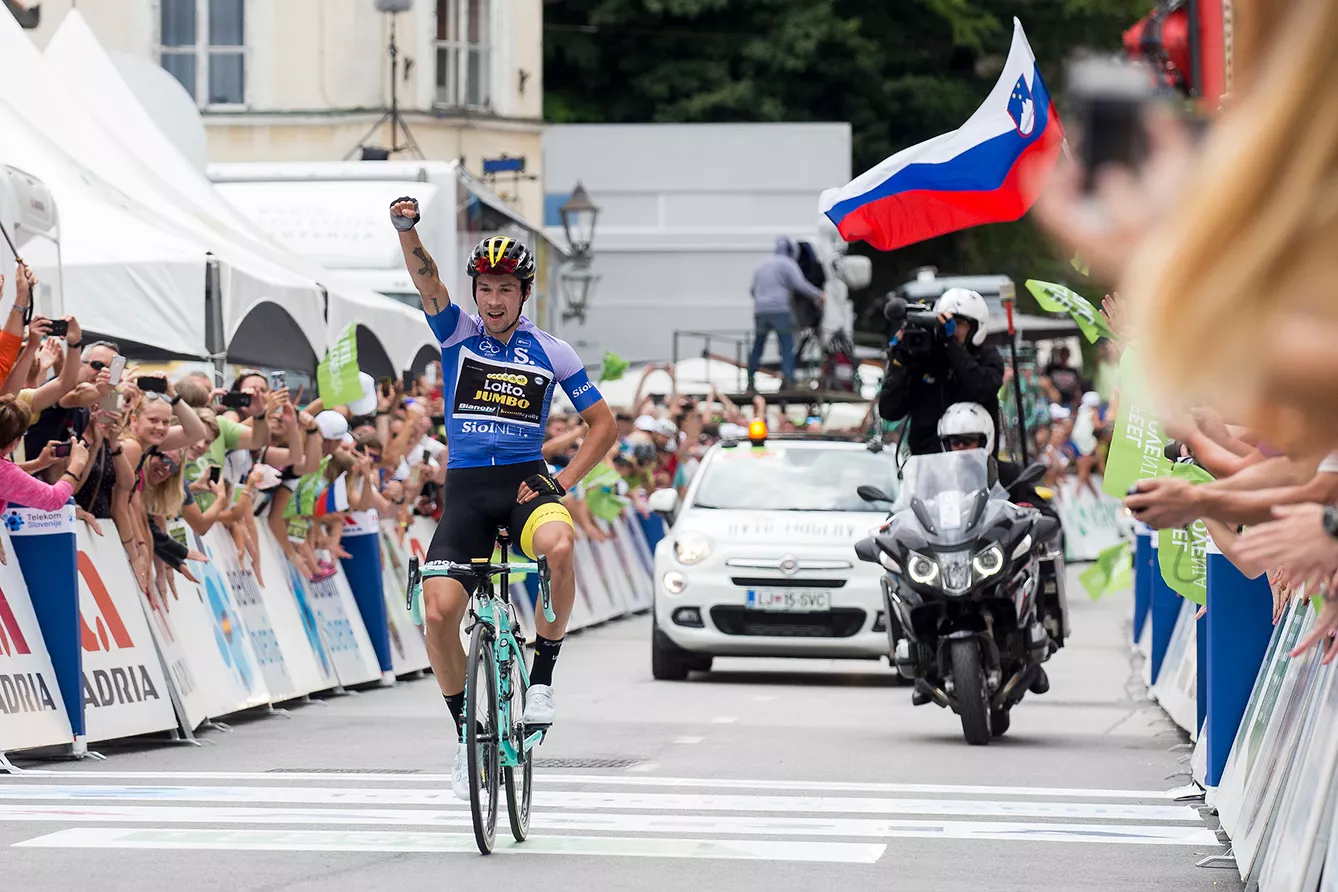
Cycling: a Slovenian phenomenon
Cycling has been popular in Slovenia for ages. The discipline came to the country – then part of the Austro-Hungarian Empire – from Austria. Its first cycling team, founded in 1885, the Laibacher Bicycle Club, established by Germans from Ljubljana, was a prestigious organization. Incidentally, the president of the club was the then-mayor of Ljubljana, Ivan Tavčar.
After World War II, many sports associations were established, some for cycling. The largest cycling club, KD Rog, was founded in 1949 by a group of employees of the Rog Bicycle Factory, which was by then the main supplier of bicycles. The discipline spread its wings during the socialist Yugoslavia years.
Under socialism, cyclists were hired by sponsoring factories (unlike in the Soviet Union, where athletes were trained and supported directly by the state). They received salaries and equipment without being obliged to work. They had the comfort of being full-time cyclists who could comfortably concentrate on their sports.
Slovenia: throwback cycling
In Yugoslavia, races were organized locally – including the Balkan Tour, the Tour of Yugoslavia, and the Alpe Adria (later Tour of Slovenia). The Tour of Yugoslavia was considered the regional counterpart of the Tour de France. However, the life of cyclists in the former Yugoslavia was not always satisfying.
Professional cyclists abroad would earn much more money and could take part in prestigious international races. Meanwhile, Yugoslav athletes were only allowed to work outside Yugoslavia once they passed the age of 28 – which, at least in cycling, is close to the end of an athlete’s career. In 1980, after the death of the country’s socialist leader Josip Broz Tito, many cyclists started working with Italian associations, mainly as support team members.
The real outbreak came in 2004, with the country joining the European Union – with wide liberation of regulations and generous financial support invested in sports infrastructure, which is now exceptionally well-established. Slovenia has seven Olympic sports centers and countless facilities at the regional and local levels.
Natural doping
Slovenes don’t even need special infrastructure to train in outdoor disciplines. The country provides the perfect place for professional hiking, running, and cycling. Diverse, picturesque landscapes offer a variety of training opportunities – you can choose from alpine trails and bike parks, cycling in nature, or challenging long rides. Additionally, the temperate climate makes it possible to go out almost all year round.
Equipped with such “natural doping,” the Slovene peloton may not be easy to catch up to…


